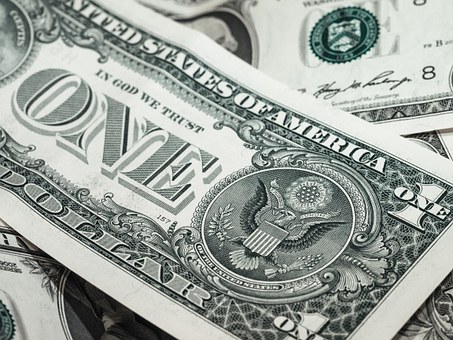What are Junk Bonds?
Junk bonds (also known as high-yield or non-investment grade bonds) are bonds which run serious risk of default or other negative outcomes, but also offer very high yields.
What are the pros and cons of purchasing Junk Bonds?
Junk bonds are so-named because the business entities behind them have been assigned poor ratings by major credit rating agencies. This basically means that companies tied to junk bonds are possibly failing and at risk of default. Naturally, this is not considered a safe or conservative investment, since the bonds will become worthless if the company fails.



Image source: Pixabay
On the other hand, if a company tied to a junk bond manages to correct its course and become profitable again, the junk bond investor stands to good return. Buying junk bonds can therefore be described as a high-risk bet on the part of the investor that the company (or set of financial interests) tied to the junk bond will improve its performance and avoid default.
Do smart investors purchase Junk Bonds?
The common inclusion of certain types of junk bonds in mutual funds and Exchange-Traded Funds means that many investors around the world, even conservative investors, actually have junk bonds in their investment portfolios.
It is, however, less common for successful investors to focus on junk bonds directly.
AdvisoryHQ (AHQ) Disclaimer:
Reasonable efforts have been made by AdvisoryHQ to present accurate information, however all info is presented without warranty. Review AdvisoryHQ’s Terms for details. Also review each firm’s site for the most updated data, rates and info.
Note: Firms and products, including the one(s) reviewed above, may be AdvisoryHQ's affiliates. Click to view AdvisoryHQ's advertiser disclosures.

